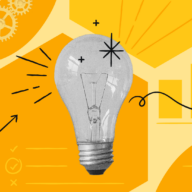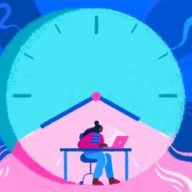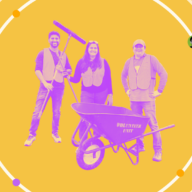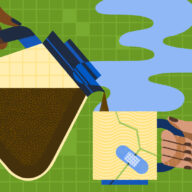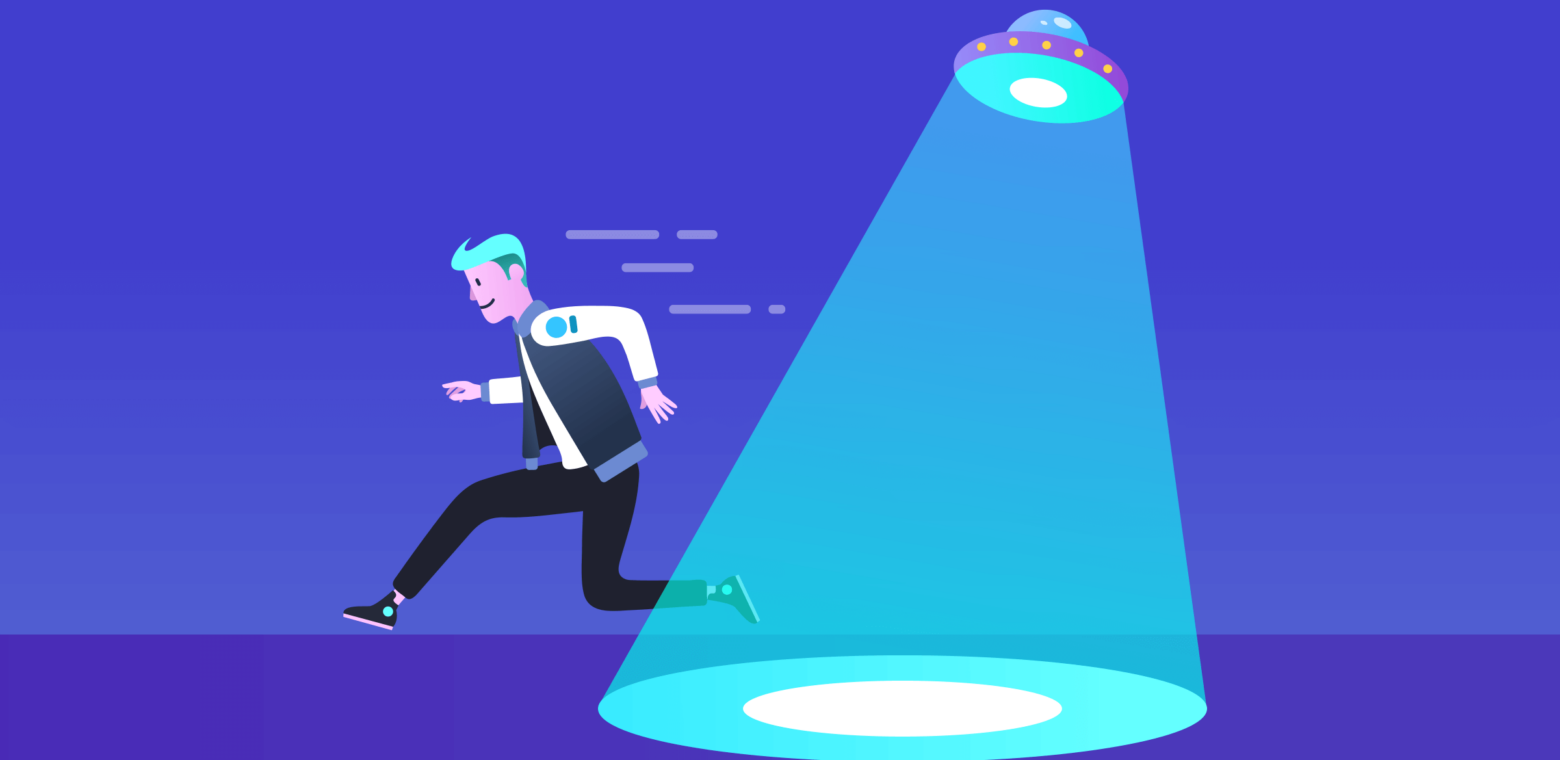“If you keep making that face, it’ll get stuck that way.”
“Don’t sit too close to the television or you’ll fall in.”
“Eat your carrots and you’ll always have great eyesight.”
Sound familiar? When you were just a kid, you were on the receiving end of plenty of fibs and tall tales just like those.
Now that you’re older and (hopefully) wiser, it seems odd to think that you could be falling for the same types of dirty tricks and widely-accepted fabrications. But, believe it or not, you still do—particularly when it involves your personal productivity levels.
When it comes to cranking through your to-do list, there are tons of warnings for you to heed. How can you tell which ones are fact and which are mere fantasy? Here are five productivity myths you should kick to the curb once and for all.
Myth #1: Multitasking is inherently bad
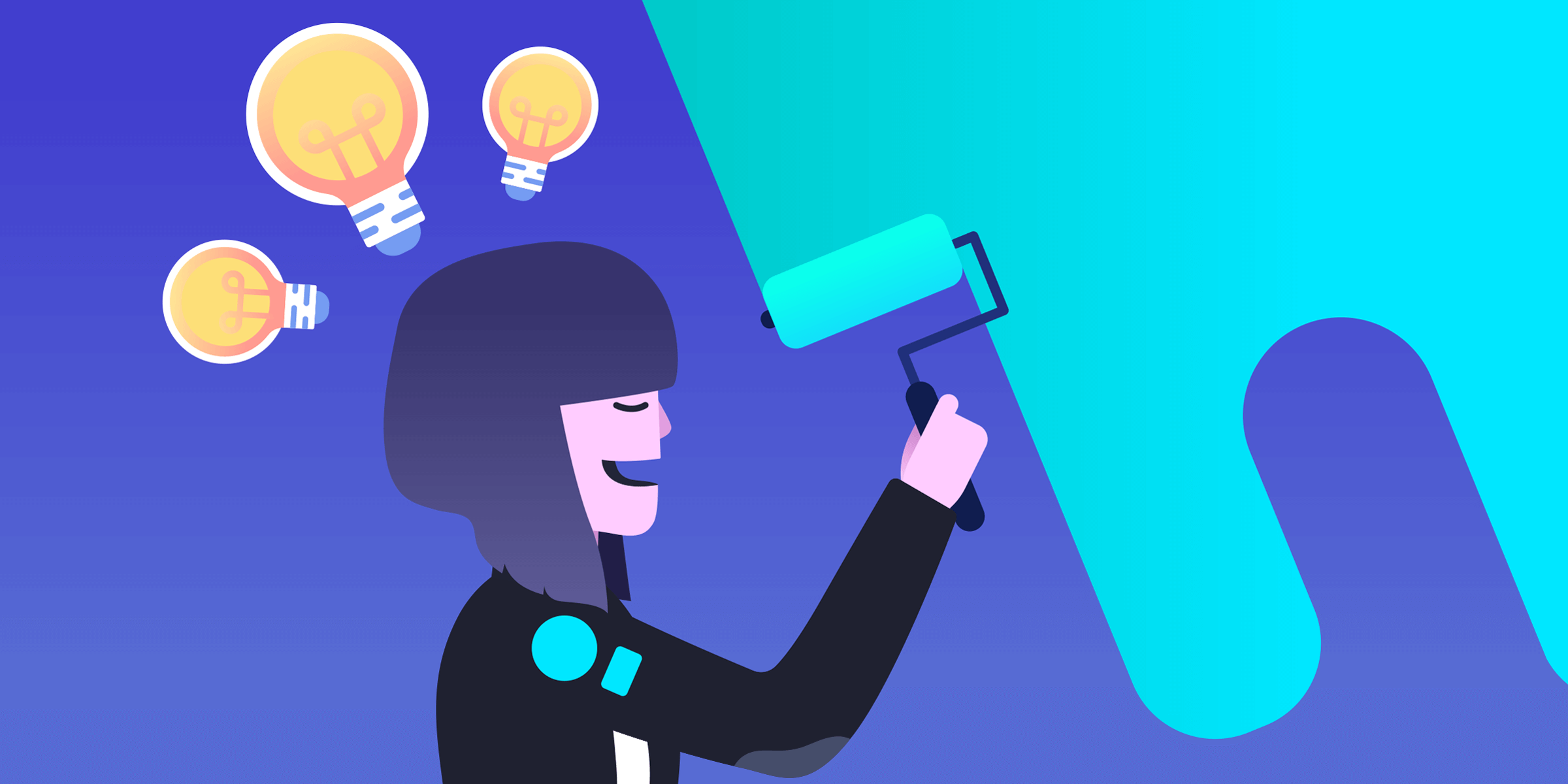
Yes, the concept of task switching—constantly jumping from one to-do to another—does have some pretty dire effects on your productivity. It’s important to note, however, that task switching isn’t the same as multitasking.
Instead, multitasking is the concept of doing more than one thing at one time. That’s tough for most of us (unless you’re a champion of patting your head and rubbing your stomach). But, there are some positive manifestations of multitasking:
- Rehearsing your elevator pitch while you’re washing dishes.
- Listening to that informative podcast while you torture yourself on the stairmaster.
- Riding your bike while conjuring up dinner ideas for the week.
In these instances, multitasking actually serves to maximize your time and, in many cases, improve your performance. The key is that the tasks are complementary rather than competitive, requiring the same cognitive effort or type of focus.
So, the next time someone tries to tell you that your affinity for multitasking is sending your productivity levels into a nosedive, you have our permission to brush that off as nothing more than yet another incorrect piece of advice.
Myth #2: The early bird gets the worm

If you’re someone who has your finger permanently glued to the snooze button, you’ve probably been bombarded with your fair share of tips on how to magically transform yourself into a morning person.
This means that you’ve heard advice like this echoed time and time again: In order to have a productive day, it needs to start early.
Nothing against the early birds out there, but that’s not necessarily true.
Just take this study conducted by scientists at the University of Liege in Belgium. The research included 31 participants—15 of which prided themselves on being major night owls, while the other 16 classified themselves as early risers.
Spending two nights in a sleep lab, the two groups had differences of about four hours in their sleep patterns. For example, if the early birds were cartwheeling out of bed at 7AM, the night owls didn’t crawl out from under the covers until 11AM.
An hour and a half and 10 and a half hours after their wakeup times, participants took a reaction-time test of their ability to maintain focused attention while an MRI measured their brain activity.
In the morning test that occurred shortly after the wakeup call, there was no real difference between the early birds and the night owls. But, during the test in the evening? Night owls were far less groggy and had much faster reaction times than early birds. So, put simply, late risers can stay mentally alert for longer before feeling drained.
As for the MRIs of the brain function, they also confirmed those findings. Ten and a half hours after waking up, the early birds had much lower brain activity in regions linked to things like attention.
Oh, and while we don’t want to pour salt in an open wound, some research says that night owls are also (possibly) smarter. A different study of 420 participants found that night owls outperformed early birds on intelligence tests—particularly in working memory and processing speed. And, the real kicker? That finding held water even when the tests were given in the morning hours.
Myth #3: The best way to beat a slump is to take a break

There’s nothing worse than laying your head on your desk or staring at that menacing blinking text cursor while feeling completely stuck.
You’re facing a creative block of mythical proportions, and—if you take note of a lot of the popular advice—you’ll take a walk, work on something else, or really do anything that gets you a break from the thing that has you feeling stumped.
While that might make you feel better, it’s not actually the best way to cope. Science says that the most effective way to get to the other side of a creative block is to do the very thing that feels impossible: keep pushing through it.
According to research from The Kellogg School at Northwestern University, persistence is all it takes to land on your greatest ideas.
During the study, participants brainstormed creative ideas (in the form of original dishes to serve at Thanksgiving dinner) during two short time periods. When the first chunk of time ran out, they were asked to estimate how many more ideas they could generate during the second period.
On average, participants underestimated themselves. They predicted that they could generate another 10 ideas during that second time interval. However, they actually came up with closer to 15.
Perhaps the most interesting finding? The ideas were also far more creative during that second time block. While the first interval involved standards like turkey and mashed potatoes, the second round had suggestions as innovative as turkey-shaped waffles.
Myth #4: Get the busy work out of the way
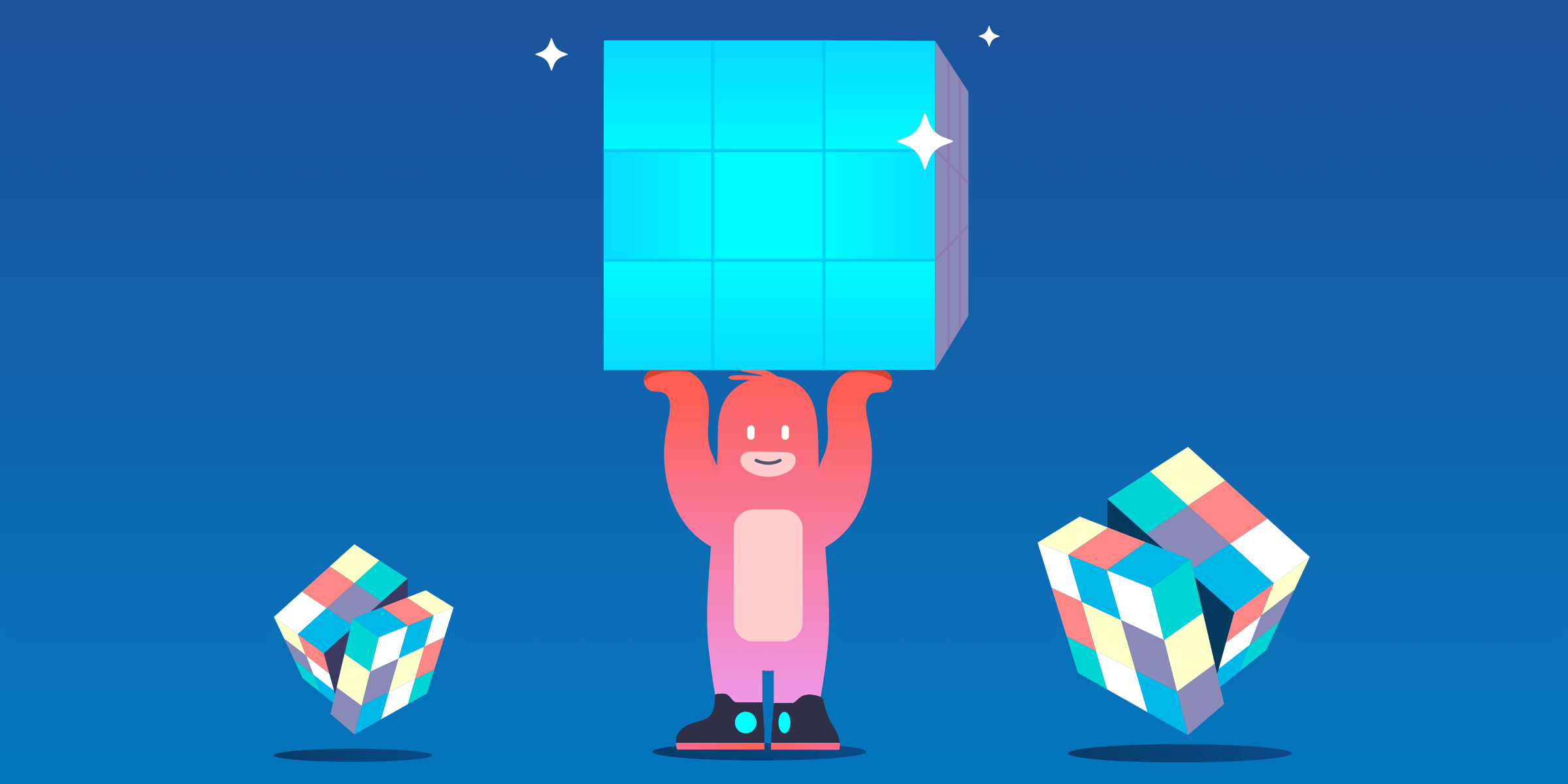
If you’re like most people, you cram the start of your workday with all sorts of menial tasks—answering emails, catching up with colleagues, and filling out your expense report, for example.
You figure it’s smart to get all of those little things out of the way in order to focus on the larger work that’s on your plate that day. It’s sort of like mental housekeeping.
There’s merit to that idea, but plenty of psychologists and experts assert that it’s typically far better to kick your day off with something larger and more meaningful—or even a task that you’re dreading.
You’ve probably heard it referred to as “eating the frog,” which references an old Mark Twain quote. If you begin your day with something groan-worthy, you can power through the rest knowing the worst is behind you.
But, your brain chemistry has something to contribute to this conversation as well. Psychologist Ron Friedman explains that the first three hours of our workdays are actually when we’re at our most focused.
“If we end up squandering those first three hours reacting to other people’s priorities for us, which is ultimately what voicemail or email is—a list of other people’s requests for our time, that ends up using up our best hours and we’re not quite as effective as we could be,” Friedman explains in a Harvard Business Review Ideacast.
Even further, as we move into the afternoon, we experience a decrease in cognitive functioning (we’re all familiar with that foggy 3PM feeling). So, tackling your more important work first thing might just be the ticket for a more productive workday.
Myth #5: Being productive means getting everything done
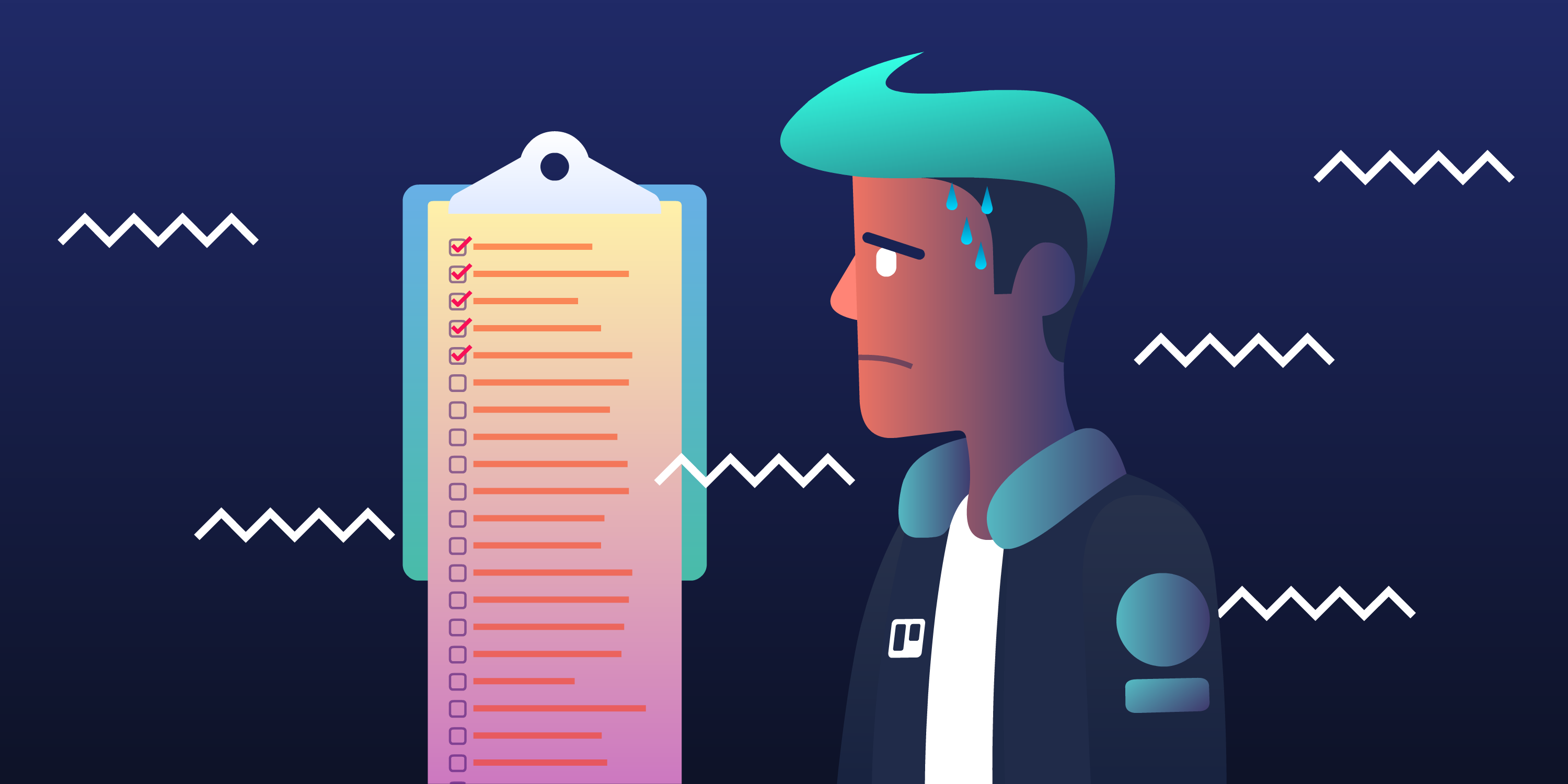
When you picture a productive day, what does that look like? Unfortunately for most people, it’s far too easy to confuse the terms “busy” and “productive.”
We want an empty inbox and a to-do list that looks like it’s been through a paper shredder as a badge of honor at the end of a jam-packed work session. But, be forewarned, those aren’t true indicators of your productivity levels.
Sure, you may feel like you got a lot done if you managed to whittle your inbox down from 582 to 200, but ask yourself this: Was that really the most efficient use of your time? Or, would you have been better off dedicating those hours to making meaningful progress on that major presentation you have coming up?
When it comes to true productivity, it’s important to remember the golden rule of quality over quantity. If you can take steps forward on that big, juicy project that’s hanging over your head, that’s just as productive (arguably, even more so) as scratching 15 different things off your to-do list.
Productivity Is Personal
If you’re eager to be more productive, you’ve been met with your fair share of conflicting advice or hacks that are touted as the one key secret you need to dominate your workday.
With regards to your own productivity, however, it’s important to remember that the smartest thing you can do for yourself is to land on what works best for you.
If your unique method is supported by science, experts, and endless advice articles, then that’s great. But if it’s not, don’t assume you need to immediately switch gears and change your approach. In the end, if it helps you to get things done, that’s really all that matters.
Next: In Defense Of Multitasking: How To Do It The Right Way













